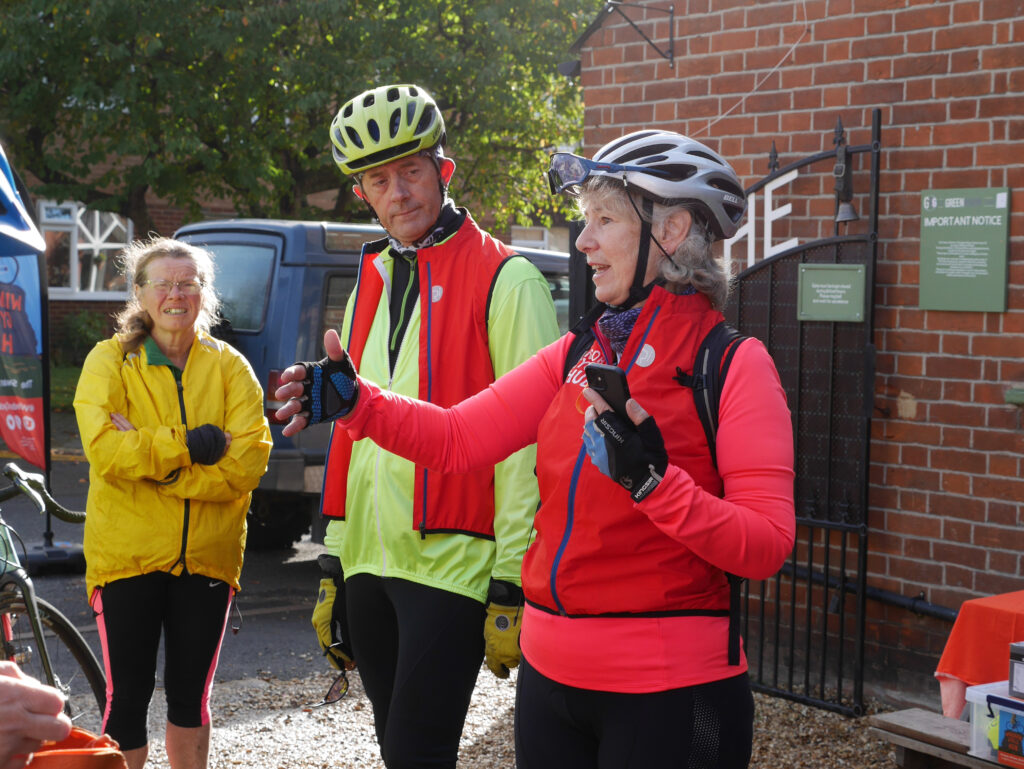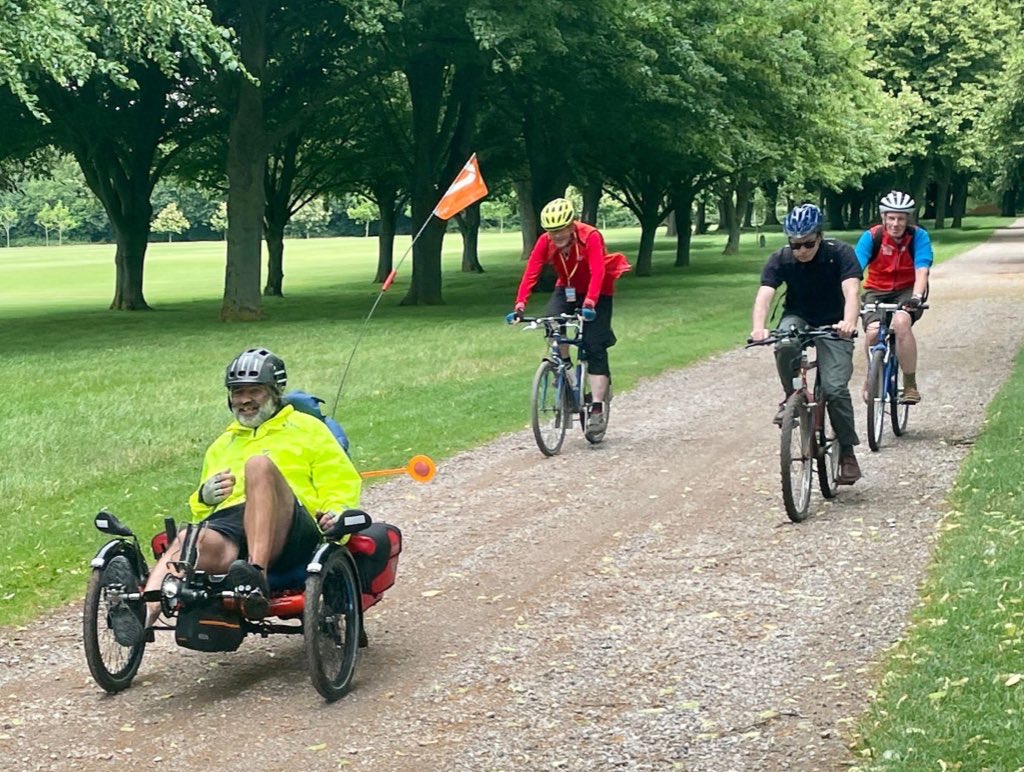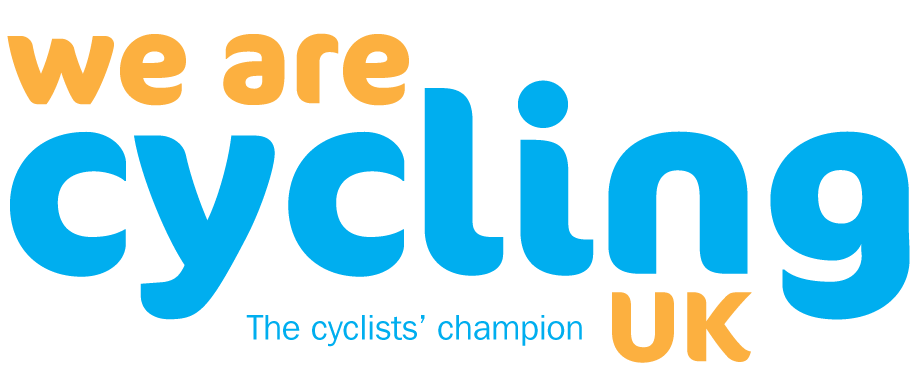Rides
Guided Rides
We lead rides every weekend, except 5 Saturday months (when we’ll run a special skills session). We open just before 11am, so all rides can leave promptly – getting you back in time for lunch. By the time you are ready for Level 4 we expect your bike to be ready to go bang on 11am – with no need to pump tyres or tighten the saddle.
Our rides favour low (or no) traffic routes, so there’s always some off-road cycling. If you, and your bike, can manage the Jubilee River gravel path then you’ll be fine.
We do Beginner’s Training for adults who’ve never ridden, or perhaps haven’t for many years. Contact us here to request a session, we typically hold these in the 3rd and 4th week of the month.
Guided Ride Schedule
Our schedule of rides is published on our Cycling UK page:
We’re proud to be affiliated with Britain’s most established cycling organisation. We support their aims to make cycling available to all. They also provide us with support, including insurance cover for our guided rides.
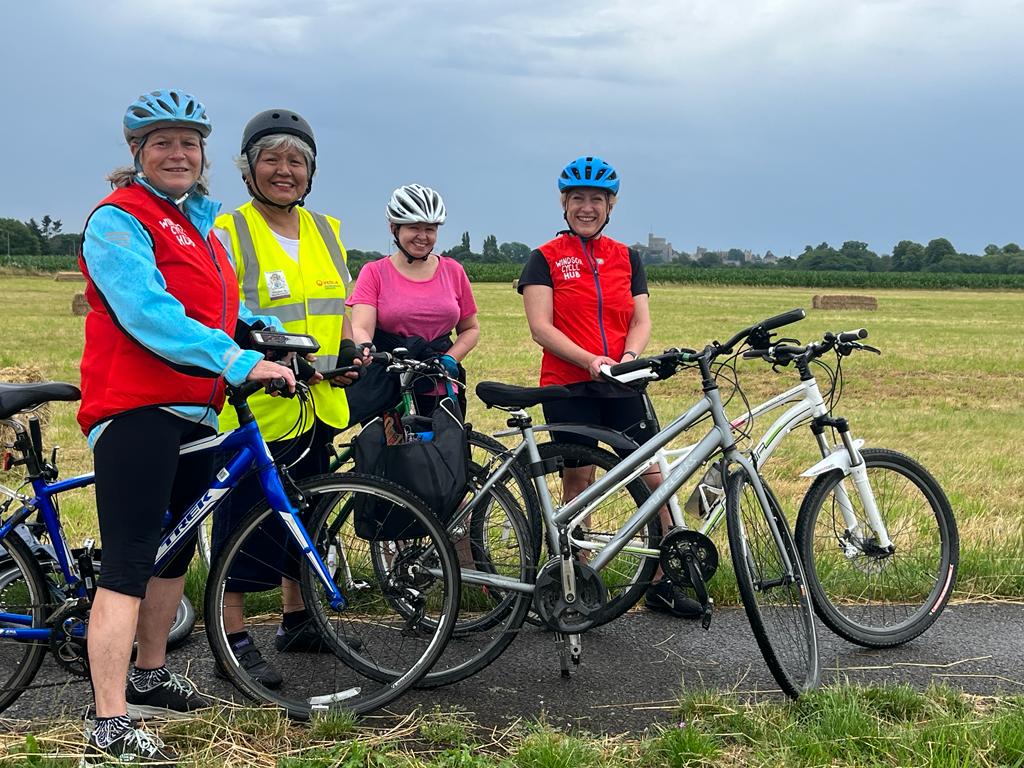
Our system’s really easy: as the month progresses our rides get longer, faster and hillier. Level 1 (our easiest ride) is always the 1st Saturday of the month, Level 2 the 2nd, Level 3 the 3rd and, you’ve guessed it, with Level 4 on the 4th. You’ll find the level that’s right for you or perhaps you’ll challenge yourself to ‘step up’ over the course of a summer.
Guided Ride Levels
Here’s a brief description of our Guided Rides Levels. Levels 1-2 are aimed at less experienced riders, Level 3’s intermediate, with Level 4 for the more confident. If you’re not sure what level you are, start at 1 or 2 to see how you get on. Likewise, please don’t come on 1 or 2 expecting a pacey ride.
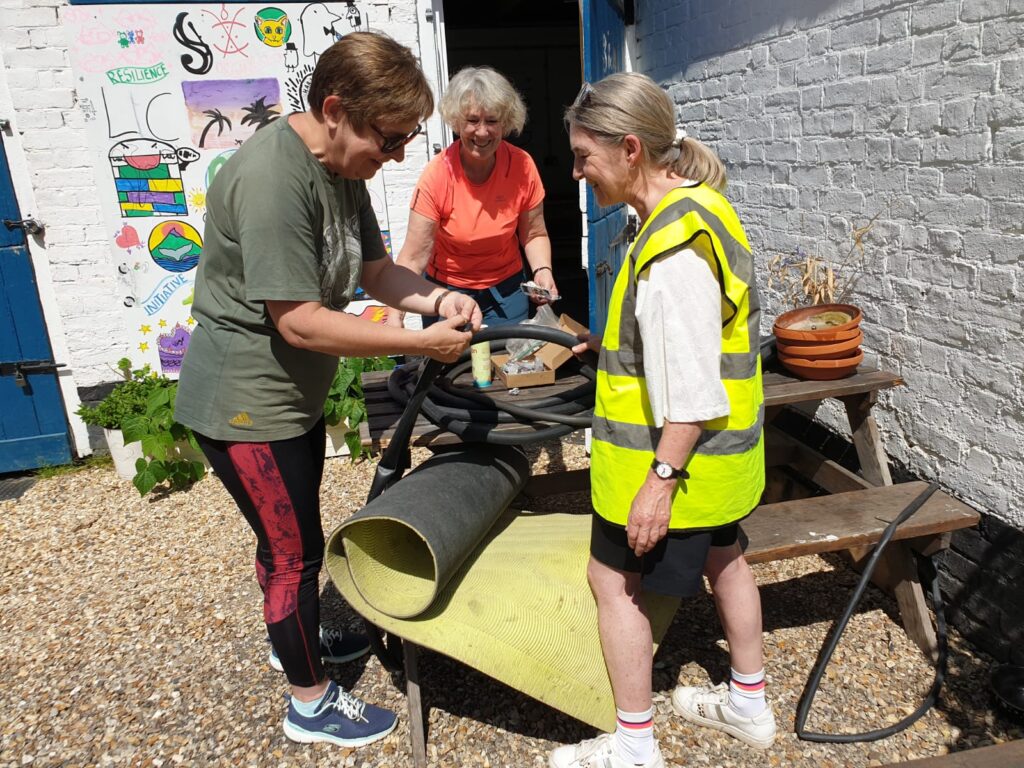
Just because you’re fit, or have an electric assisted bike, doesn’t automatically mean you can consider our longer rides. An ability to ride safely with others, cycle through tight gaps and fix your own bike are key skills. You might also need to learn about keeping fuelled. The progression through our levels can be about learning new skills too, it’s not all about cycling further. But don’t worry, we’ll show you how to do these things.
In addition to a working bike (that can brake properly, and won’t hold us up for ‘mechanicals’) you need to be ready for the Great British weather, to stay hydrated and avoid running out of energy:
- Rain jacket
- Water & a snack (bananas & flapjacks are great)
There’s no legal requirement to wear a helmet, it’s your choice – but you’ll notice that all of our volunteers do, as they know we use paths with a lot of over-hanging branches.
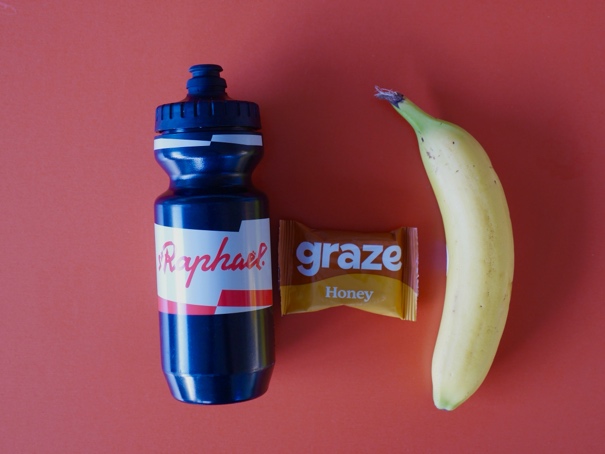
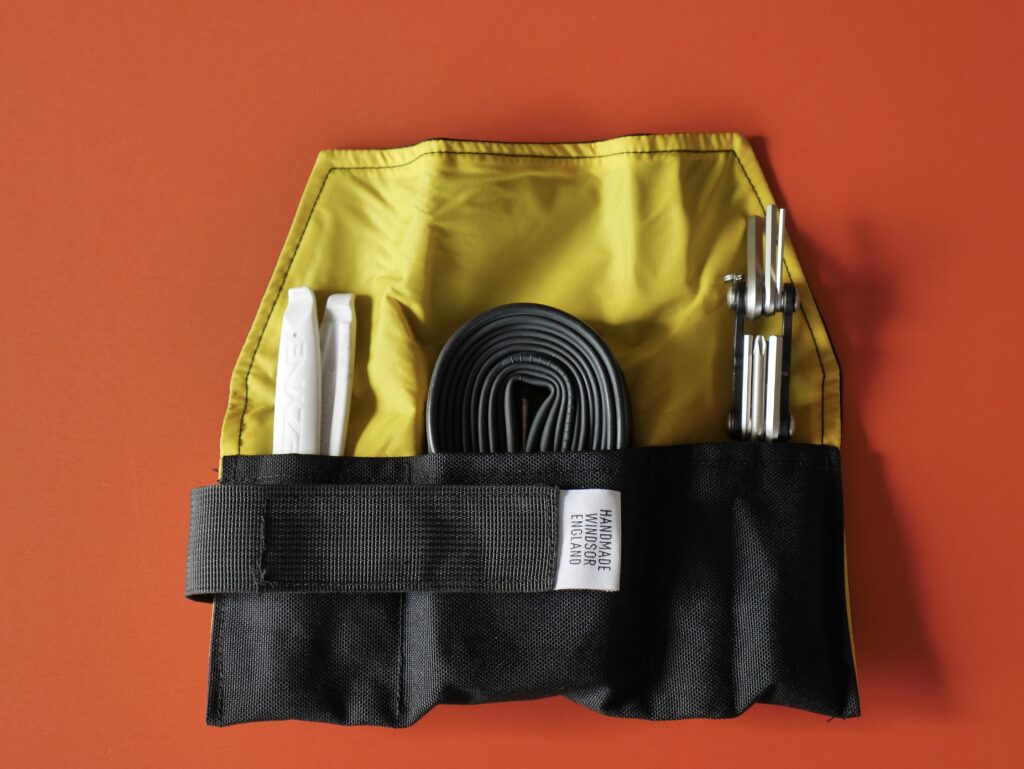
We advise that everyone carries essentials to fix their bike – but appreciate that many of you are new to this. It’s a strong recommendation for Level 3, and now mandatory for Level 4 rides to carry:
- Inner tube
- Tyre levers
- Pump
- Multitool – Allen keys etc.
We have a selection of these at our HQ. Being able to fix your own bike is a life-skill – we’ll show you how on 5th Saturdays.
As well as you being fit to ride, your bike needs to be too. If it’s been sitting in a garage for a while we won’t judge you – we’ll be glad you came along. But, we’ll be even more glad if you bring the bike to our Bike Kitchen at least one week before your first ride. We’ve a 15 minute window to check bikes before we leave on guided rides – just about enough time to pump up some tyres or adjust a saddle. It’s not enough time to fix brakes and adjust gears.
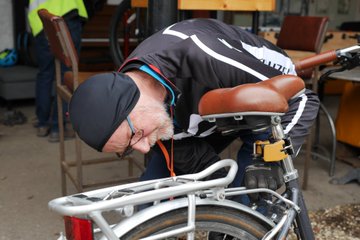
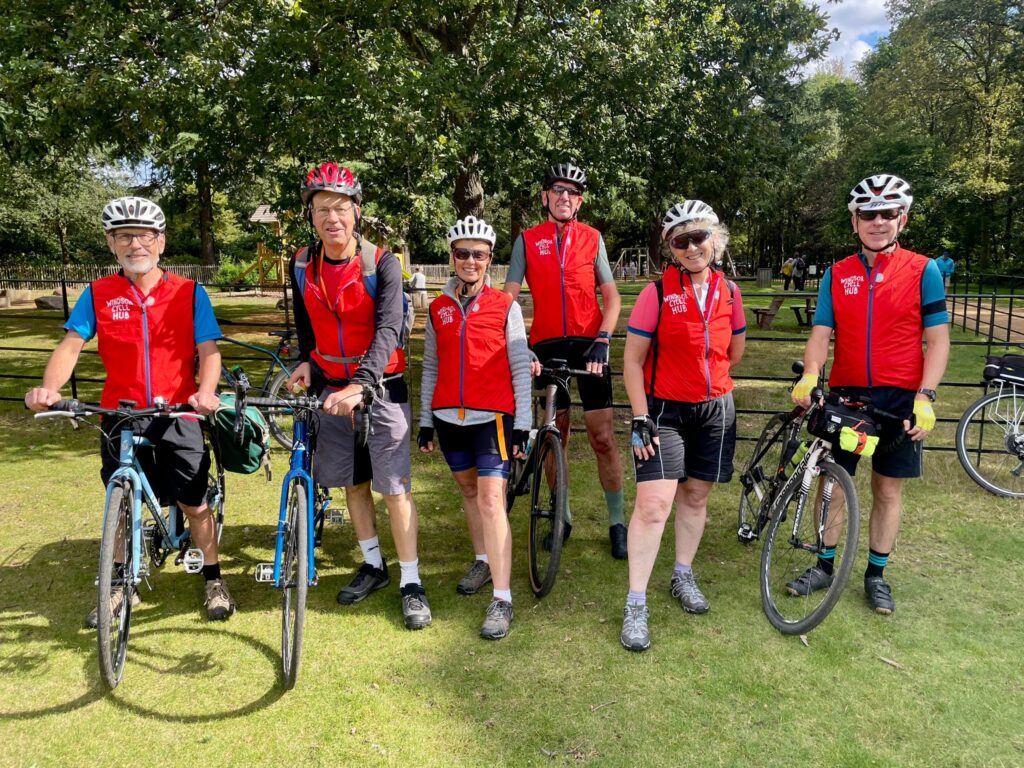
Every week we have a Ride Leader, who plans and recces the route, they’re the ‘Road Captain’ – they ride at the front passing key information as they go. They’re supported by Ride Assistants, including a Sweeper – who makes sure no one’s dropped. Our leader and assistants are trained volunteers, they wear orange Windsor Cycle Hub gilets.
Our training includes safely shepherding groups of cyclists, considering other vulnerable road/path users and first aid. It’s essential that you follow any instructions given – including the one to look carefully when crossing junctions.
It’s a condition of attending a ride that you sign-in, and tell us anything we should know. You must provide an emergency contact, ideally one who lives nearby – but elsewhere in the UK is fine.
A Risk Assessment is an important step in protecting both our visitors and volunteers. Every time we ride our bikes we’re exposing ourselves to risk, and our Risk Assessment helps our volunteers to us to focus their minds on them, with a view to minimising them. We can’t eliminate all risk, but we’re required to protect everyone as far as is reasonably practicable.
To this end, we use familiar routes and recce them as close to the day of the ride as possible – noting changes in environmental condition, road surface etc.
Please email us if you’d like a copy of our standard Risk Assessment.
